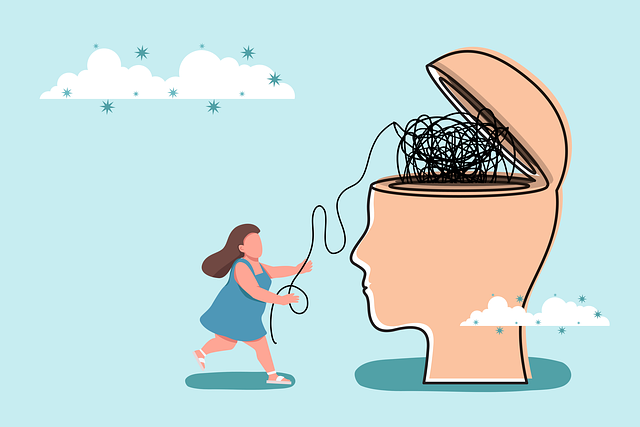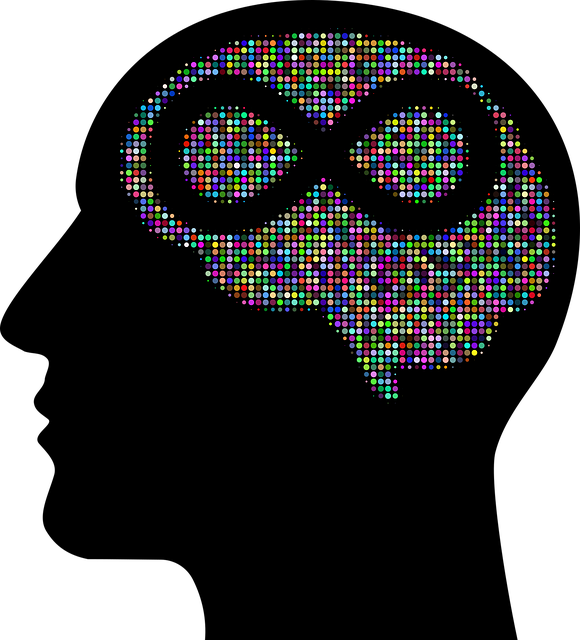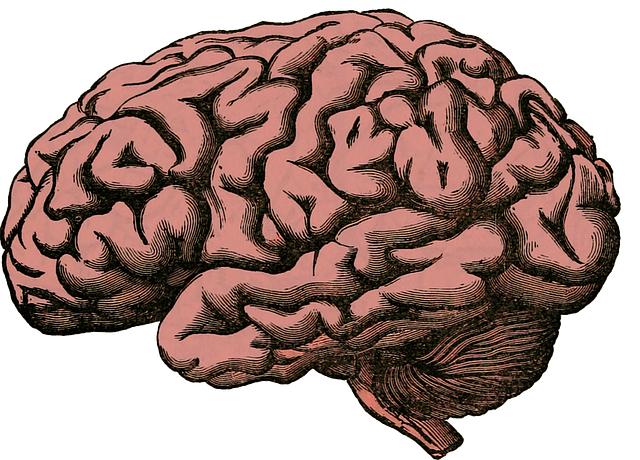Developing an effective marketing strategy for a mental wellness app tailored to individuals with ADD-ADHD in Littleton requires understanding their unique needs. The app should offer features like enhanced focus tools, personalized scheduling, and impulsivity management, while highlighting positive thinking promotion and community engagement. In the competitive market, a standout value proposition featuring structured routines and progress tracking empowers users for proactive mental health management. Marketing channels like Instagram and Facebook, along with blog posts and webinars, build trust and encourage downloads. Key metrics include daily active users, average session length, and conversion rates to measure success, with continuous improvement based on user feedback and education programs.
In today’s digital age, mental wellness apps offer a transformative approach to managing conditions like ADD-ADHD. This article delves into a strategic marketing plan tailored for this niche audience. We explore how to effectively reach individuals in Littleton seeking ADD-ADHD therapy by understanding their unique challenges and preferences. By crafting a compelling value proposition and selecting optimal marketing channels, we aim to enhance user engagement and conversion rates, ultimately ensuring the success of mental wellness apps in this market segment.
- Understanding the Target Audience: ADD-ADHD Individuals and Their Unique Needs
- Crafting a Compelling Value Proposition for Mental Wellness Apps
- Choosing the Right Marketing Channels for Maximum Impact
- Measuring Success: Key Metrics and Strategies for Evaluating App Marketing Effectiveness (with a focus on user engagement and conversion rates)
Understanding the Target Audience: ADD-ADHD Individuals and Their Unique Needs

Understanding the unique needs of individuals with ADD-ADHD is a critical step in developing an effective marketing strategy for mental wellness apps. In Littleton, where ADD-ADHD therapy is readily accessible, app developers must recognize that those affected by this condition require tailored support. The app should offer features that cater to their specific challenges, such as enhanced focus and concentration tools, personalized scheduling for tasks and appointments, and strategies for managing impulsivity and restlessness. By incorporating these aspects, the app can become a valuable companion in their daily lives.
Moreover, marketing efforts should highlight how the app promotes positive thinking, a key aspect often associated with ADD-ADHD management. Engaging with the community through outreach programs and mental wellness coaching sessions can foster a sense of belonging and understanding, addressing a common need among this demographic. Such initiatives, combined with accessible and sensitive content, will resonate with users in Littleton and beyond, ensuring an app that caters to both the cognitive and emotional aspects of ADD-ADHD management.
Crafting a Compelling Value Proposition for Mental Wellness Apps

In the competitive market of mental wellness apps, crafting a compelling value proposition is key to standing out. It’s about more than simply offering tools for stress management or self-esteem improvement; it’s about communicating how your app uniquely addresses users’ specific needs and challenges. For instance, an app targeting individuals in Littleton with ADD-ADHD could emphasize features tailored to their unique circumstances, such as structured routines, focused attention exercises, and time management aids. By highlighting these tailored solutions, the app appeals directly to those seeking targeted support for their specific mental health issues.
Effective value propositions also resonate with users’ desire for control and risk management planning. They should assure potential users that using the app will empower them to actively manage their mental health proactively. Incorporating features like progress tracking, personalized goals, and coping mechanism libraries not only aids in stress management but also fosters a sense of agency. This is particularly crucial for professionals needing robust risk management planning tools, ensuring they can monitor client progress effectively while maintaining secure data handling practices.
Choosing the Right Marketing Channels for Maximum Impact

Selecting the optimal marketing channels is a strategic move for any business, especially in the competitive mental health app market. When it comes to promoting Littleton ADD-ADHD Therapy or similar services, understanding your target audience and their preferences is key. Social media platforms like Instagram and Facebook offer excellent opportunities to engage with individuals seeking mental wellness support, given their wide reach and targeted advertising capabilities. These channels allow for personalized content, including video testimonials from satisfied clients, which can build trust and credibility.
Additionally, incorporating Communication Strategies into your marketing efforts ensures that you connect with potential users on a deeper level. Mental Wellness Coaching Programs Development can be effectively promoted through blog posts, podcasts, or webinars, educating the audience about various self-care practices and their benefits. By providing valuable content, you establish your app as a trusted resource, encouraging downloads and subscriptions. This multi-channel approach, combining social media engagement and informative content strategies, has the potential to maximize impact and attract a dedicated user base.
Measuring Success: Key Metrics and Strategies for Evaluating App Marketing Effectiveness (with a focus on user engagement and conversion rates)

Measuring success is paramount in app marketing, especially for mental wellness platforms like Littleton ADD-ADHD Therapy. Key metrics to track include user engagement metrics such as daily active users (DAU), monthly active users (MAU), and average session length. Conversion rates—the percentage of visitors who take a desired action, like signing up for therapy or downloading a mood tracking tool—offer critical insights into the app’s effectiveness in achieving its purpose.
Evaluating marketing strategies requires a multifaceted approach. Beyond basic metrics, consider empathy-building strategies employed within the app, as these can significantly impact user retention and conversion. Well-designed Mental Health Education Programs that teach users about ADD/ADHD, for instance, can foster understanding and encourage continued engagement. Similarly, tracking user feedback and satisfaction scores provides valuable data on areas for improvement, ensuring the app aligns with users’ evolving needs and enhancing overall Mental Health Awareness.
Developing an effective marketing strategy for mental wellness apps, particularly tailored to ADD-ADHD individuals, involves understanding their specific needs and crafting a compelling value proposition. By leveraging the right marketing channels and focusing on key metrics like user engagement and conversion rates, you can ensure your app reaches its target audience in Littleton and beyond. This data-driven approach allows for continuous optimization, ensuring your mental wellness app stands out in a competitive market and provides genuine support to those who need it most.














